Cinnamon Quills, also known as cinnamon sticks or “Dalchini,” are tightly rolled, concentric layers of the inner bark of the Cinnamomum zeylanicum tree. These elegant sticks, formed as the bark dries, offer a prolonged release of their aromatic essential oils, making them ideal for infusing liquids and slow-cooked dishes. Their natural beauty also makes them a popular decorative and aromatic element.
Difference between Ceylon Cinnamon Quills and Cassia Cinnamon:
The primary distinction lies in their botanical origin, appearance, flavor, and most importantly, their coumarin content.
- Ceylon Cinnamon Quills (True Cinnamon):
- Botanical Name: Cinnamomum verum (synonym Cinnamomum zeylanicum)
- Appearance: Light brown, soft, thin, and brittle layers that form multiple tight rolls, resembling a cigar. Easy to grind.
- Flavor: Delicate, sweet, subtly spicy, with citrus and floral undertones.
- Coumarin Content: Very low (negligible amounts, typically less than 0.004%).
- Cassia Cinnamon (Chinese, Indonesian, Vietnamese Cinnamon):
- Botanical Names: Cinnamomum cassia (Chinese Cassia), Cinnamomum aromaticum, Cinnamomum burmannii (Indonesian Cassia), Cinnamomum loureiroi (Saigon/Vietnamese Cassia).
- Appearance: Darker reddish-brown, thicker, harder bark that forms a single, looser curl, resembling a hollow scroll. Difficult to grind.
- Flavor: Bold, strong, spicy, and sometimes slightly bitter.
- Coumarin Content: High (can be up to 1% or more)
How Cassia Cinnamon is Not Good for Health : The concern with Cassia cinnamon primarily stems from its high coumarin content. Coumarin is a natural chemical compound that, when consumed in large doses regularly, can be hepatotoxic (damaging to the liver) in sensitive individuals. particularly through supplements or frequent large culinary use, may lead to liver problems. For this reason, regulatory bodies in some regions have set limits on coumarin levels in certain foods. Ceylon cinnamon is the preferred choice for regular or high consumption due to its negligible coumarin content.
Health Benefits (primarily from beneficial compounds like cinnamaldehyde and antioxidants, present in both but safer with Ceylon for consistent use): Cinnamon is rich in antioxidants (polyphenols) that combat oxidative stress and anti-inflammatory properties, potentially reducing inflammation and pain. It can help lower blood sugar levels by improving insulin sensitivity and slowing glucose absorption. It may also contribute to heart health by helping to lower LDL (“bad”) cholesterol and triglycerides. Some studies also point to its antimicrobial effects.
Nutritional Facts (Approximate per 100g of dry cinnamon – note: very small amounts consumed):
- Energy: ~260-270 kcal
- Carbohydrates: ~79g (majority as dietary fiber, ~53g)
- Protein: ~4g
- Fats: ~3g
- Minerals: Excellent source of Manganese, good source of Iron and Calcium.
- Vitamins: Contains Vitamin K.
Various Applications:
- Beverage Infusion: Teas (especially chai), mulled wines, ciders, hot chocolate, coffee.
- Savory Dishes: Curries, stews, biryanis, tagines, slow-cooked meats.
- Baking & Desserts: Used whole in custards, rice puddings, infusing syrups, and as a decorative garnish.
- Pickling: Adds flavor to pickling brines.
- Aromatherapy/Decor: Potpourri, simmer pots, holiday decorations.
Various Recipes:
- Masala Chai: Ceylon quills, black tea, milk, ginger, cardamom, cloves.
- Mulled Wine: Red wine, Ceylon quills, star anise, cloves, orange slices.
- Cinnamon-Infused Rice: A quill added to cooking water for aromatic rice.
- Apple Compote: Cooked apples with a Ceylon quill for subtle sweetness.
- Lamb Tagine: Cinnamon quills enhance the rich, savory flavors.
7 Key Highlighting Points of Cinnamon Quills:
- Two Main Types: Ceylon (True) and Cassia, differing in flavor, appearance, and coumarin.
- Coumarin Content: Ceylon is safe for regular use; Cassia contains higher coumarin, potentially liver toxic in large amounts.
- Rich in Antioxidants: Both types offer powerful antioxidants.
- Blood Sugar & Heart Health: Helps regulate blood sugar and supports cardiovascular health.
- Anti-inflammatory: Possesses properties to reduce inflammation.
- Versatile Infuser: Ideal for slow-release flavor in liquids and slow-cooked dishes.
- Authentic Aroma: Provides a deep, complex fragrance compared to ground cinnamon.


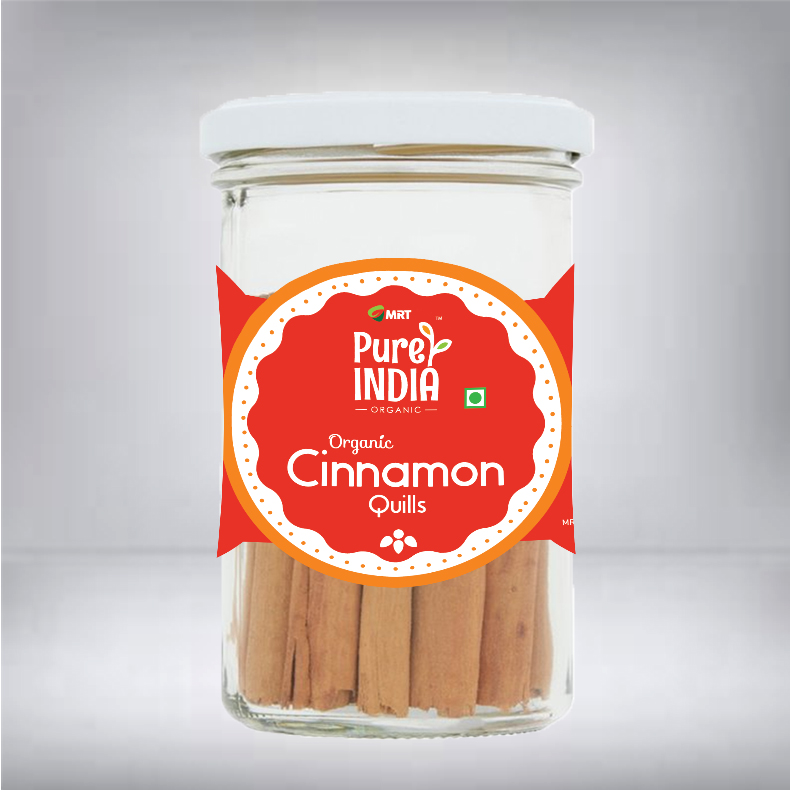
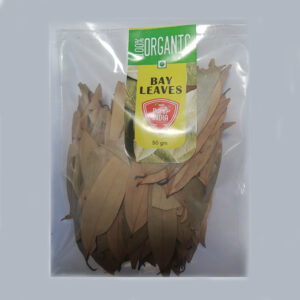
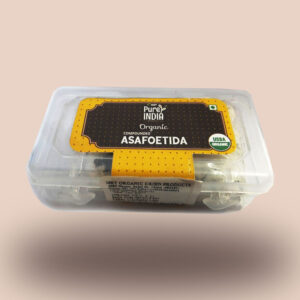
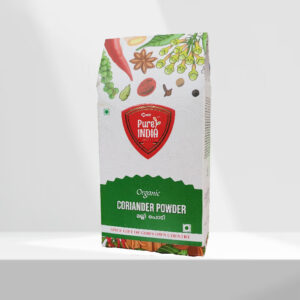
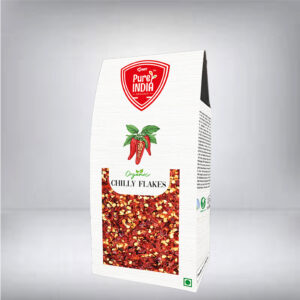
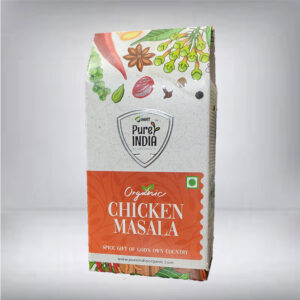
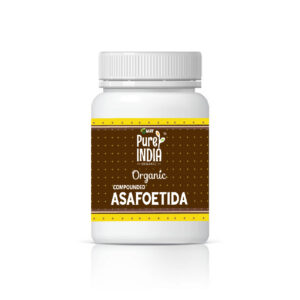
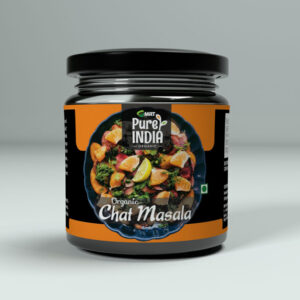
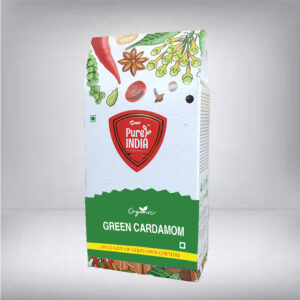
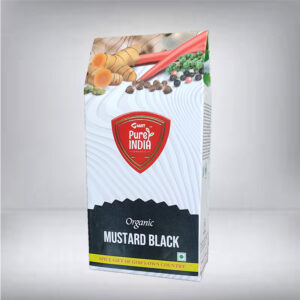
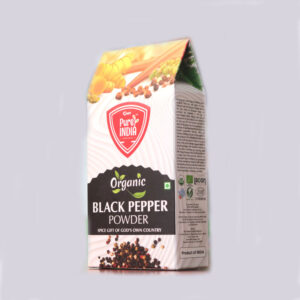
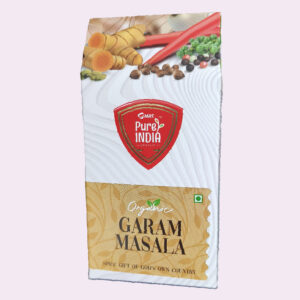
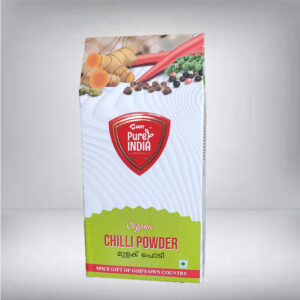






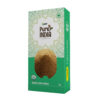
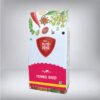
Reviews
There are no reviews yet.